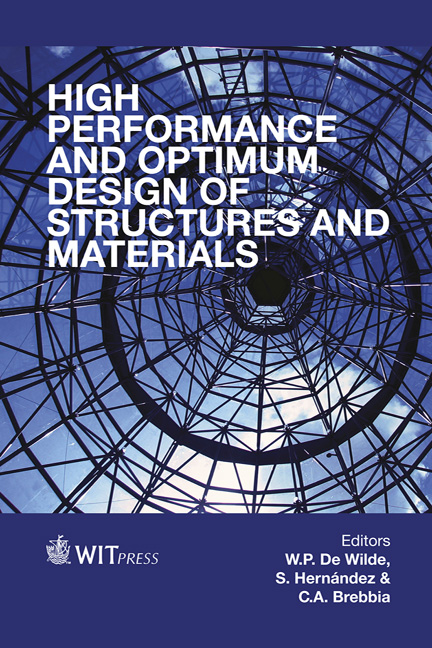Effect Of The Molecular Weight Of Polycarbonate On The Impact Resistance Of Continuous Carbon Fiber Reinforced Polycarbonate Composites
Price
Free (open access)
Transaction
Volume
137
Pages
7
Page Range
283 - 289
Published
2014
Size
1,362 kb
Paper DOI
10.2495/HPSM140261
Copyright
WIT Press
Author(s)
K. Tanaka, H. Koriyama, S. Isshiki, T. Katayama & M. Shinohara
Abstract
In recent years, due to the increase in environmental issues, the production of fuel efficient cars has attracted attention. In order to obtain good gasoline mileage, reducing the weight of the car body is desirable. Carbon Fiber Reinforced Plastics (CFRP) have been attracting attention in the automotive industry for their light-weighted attributes. Thermoset plastics are mainly used as a matrix of CFRP in the automotive industry, although they cannot be melted or reformed after molding, and are difficult to recycle. On the other hand, since thermoplastic resin needs a shorter cycle time for molding and is recyclable, Carbon Fiber Reinforced Thermoplastics (CFRTP) are expected to be widely used in the automotive industry. Polycarbonate (PC) has high impact strength compared to other thermoplastic plastics, thus it is expected to be used as the matrix of CFRTP. The impact resistance of PC is dependent on its molecular weight and the impact resistance improves in proportion to the molecular weight. However, the impact resistance of CF/PC due to differences in the molecular weight of PC is not well understood. In this study, the influence of the molecular weight of PC on the mechanical properties of CF/PC composites is clarified. Keywords: carbon fiber, polycarbonate, impact test, UD sheets.
Keywords
carbon fiber, polycarbonate, impact test, UD sheets.





